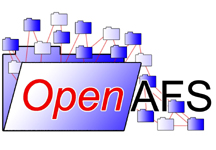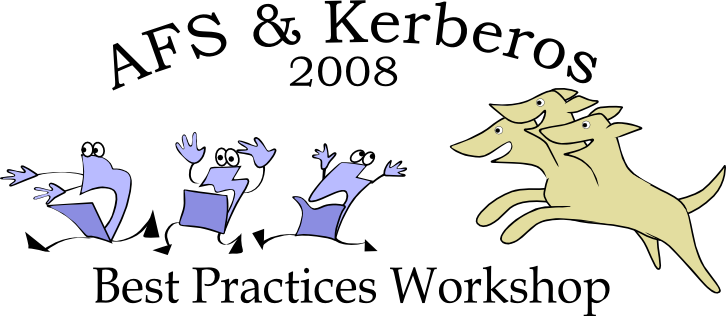Friday 23 May 9:00am
Location: Second Floor of Campus Center at NJIT
 |
 |
 |
Location: Second Floor of Campus Center at NJIT
Speaker: Dexter "Kim" Kimball
Title: Using Unison to Provide "Hot Spare" RW volumes
Abstract:
Unison, an open source project (GPL) from Dr. Benjamin Pierce at the
University of Pennsylvania Department of Computer and Information Science, can
be used to provide fail over for critical RW volumes.
Unison is used to synchronize the on-line "active" volume with an on-line NRTM
(Near Real Time Mirror) volume of a different name and mounted at a configurable
location. If the active volume becomes unavailable the NRTM volume can be
quickly substituted.
Unison is idempotent and resilient.
It supports manual and automatic, unidirectional or bidirectional
synchronization, with or without user interaction, and can merge file
differences using external programs.
Unison can also be used to synchronize files to/from laptops or other supported
OAFS client devices.
This talk discusses features of Unison and configuration for use with providing
"hot spare" RW OpenAFS volumes.
Failover to a "hot spare" RW volume is considerably faster in most circumstances
than converting a RO volume to a RW volume, using vos dump/restore, or
recovering volumes from a backup system.
Synchronizing the active volume with the NRTM volume does not involve making the
RW volume busy during vos release clone operations, which has proved to be
critical in a degraded OpenAFS environment that caused some RW volumes to be
busy (unwritable) for tens of minutes during vos release clone creation.
Synchronization times are of course proportional to the number of files and the
number of changed files, and to the frequency of Unison invocations.
Relative to using other RW volume recovery strategies, Unison typically results
in a smaller "loss window," defined as the discrepancy between original and
failover volumes due to execution/synchronization time.
Volumes containing mount points are supported (indefinite recursion is avoided.)
Failover methods will be discussed.
Results of tests, benchmarks, and examples of real world production experience
(good, bad, and Oops) will be included.
The presenter, Dexter "Kim" Kimball, has been working with AFS since 1993,
starting as a technical trainer at Transarc and continuing as an independent
consultant for Transarc/IBM, for United Airlines, and currently for the NASA Jet
Propulsion Laboratory as an OpenAFS system administrator and developer, where he
practices the use of Unison synchronization described in this talk.